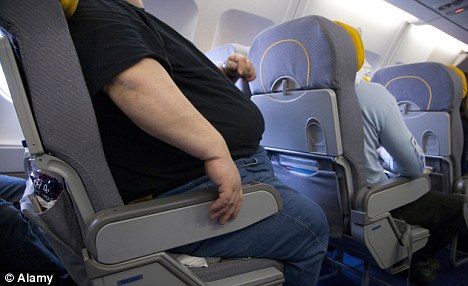
By Bill Becken
A recent study focusing on business travelers found frequent, extensive travel may increase cardiovascular risk factors such as obesity, high blood pressure and high cholesterol.
Past one or two nights per month, the more a person travels on business, the more vulnerable to cardiovascular disease they are likely to be, according to the report, “Business Travel and Self-Rated Health, Obesity, and Cardiovascular Disease Risk Factors” published in the Journal of American College of Occupational and Environmental Medicine.
The ongoing study, first published in 2011, was conducted and authored by Catherine A. Richards, MPH and Andrew Rundle, DrPH, the latter of the epidemiology department of the Mailman School of Public Health, Columbia University. It used medical records data from over 13,000 de-identified patients provided by EHE International (EHEI).
Nearly 19 percent of patients studied indicated they traveled not at all on business (“nontravelers”); 80 percent of those studied indicated they traveled at least one night per month (“light travelers”); and more than one percent indicated they traveled more than 20 nights per month (“extensive travelers”).
The study found that the extensive travelers showed decreasing rates of good health that directly corresponded to increased nights of travel. Indeed, they were a whopping 2.5 times more likely to rate their health as either fair or poor (versus fair or excellent), compared with light travelers.
The study has clear implications for both leisure and business travel (since the line between the two is often blurry). EHEI, a 100-year-old provider of preventive health-related services to companies, omitted any way of identifying the patients, but all of them had taken, and were interviewed as part of, an EHEI physical exam.
The study specifically found that, compared with the light travelers: 1) non-travelers and extensive travelers were both more likely to report poor to fair health (versus fair to excellent health); 2) but extensive travelers more frequently reported poor to fair health (versus fair to excellent health) in direct relation to their increased nights of travel per month; 3) both the nontravelers and the extensive travelers had higher odds for obesity; and 4) although the differences were small, both the nontravelers and the extensive travelers had higher diastolic blood pressure and lower high-density lipoprotein (HDL or “good”) cholesterol levels.
Previous studies have certainly connected travel to ill-health—notably, long-duration air travel has been associated with deep vein thrombosis and pulmonary embolism. Also notable was a study of health insurance claims among World Bank staff and consultants. It found that the extensive travelers among them had more numerous claims than their nontraveling peers, for almost any condition considered, including chronic diseases such as asthma and back disorders. Of course, the greatest increase in health-related claims among the extensive travelers was for psychological disorders, and particularly, stress-related disorders.
Business travel has also been associated with jet lag, sleep disorders, increased alcohol consumption, unwholesome exposure to “fast” foods—and long periods of sedentary behavior. The instant study, however, focused exclusively on the connection between travel and cardiovascular risk factors such as obesity, high blood pressure and lower levels of so-called “good,” high-density lipoprotein (HDL) cholesterol.
Rundle not only concluded that individuals who travel extensively for work are at increased risk for cardiovascular problems but, all the more so, they should be encouraged to monitor their health. He even suggested that appropriate occupational health prevention programs should be developed for those who travel extensively.
To access the full study, click here.

































































































































































































































































































Get Social